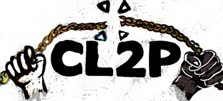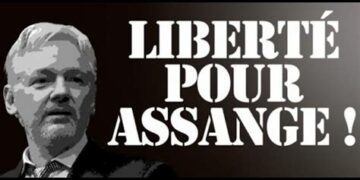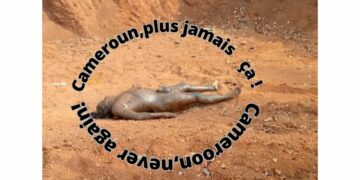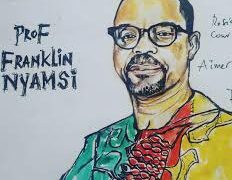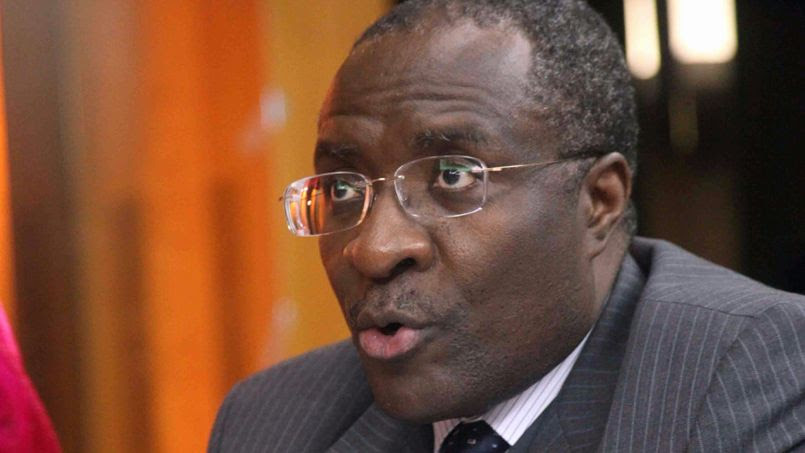“Democracy and good governance should be a central component of any counter terrorism and stabilization strategy in Sub Saharan Africa….
Discontent with governments that are viewed as illegitimate or ineffective is a fertile ground for recruitment as disaffected individuals may easily embrace extremism hoping to access a better life, political power or voice and the resources linked to these attributes in
transition environments…..
Oppressed citizens and marginalized groups that are denied access to basic public goods and services and opportunities are more vulnerable to extremist appeals and indoctrination by non state actors who in return promise to fulfil their needs…..
Autocratic regimes should not get a pass from the international community solely because they are good partners in the fight against terrorism. Shrinking political space, frequent and overt violations of citizen rights and freedoms, and the undermining of constitutional rule and meaningful elections breed discontent and disaffection that form the fertile ground for recruiters and perpetrators of violence and extremism….
Good partners in countering violent extremism and terrorism can and should be good performers in democratic governance. These two principles are not mutually exclusive;in fact they are mutually reinforcing….
Africans of this generation are jittery and extremely fearful of reliving the experience of the Cold War era during which dictatorships thrived amidst grave human deprivation and gross human rights abuses just because some leaders were allies of the West at the time. The fight against terrorism should not become a substitute for the Cold War paradigm of this century with regards to subSaharan Africa….
Efforts to counter violent extremism and terrorism in subSaharan Africa must, therefore, address poor governance as part of the overall strategy….”
